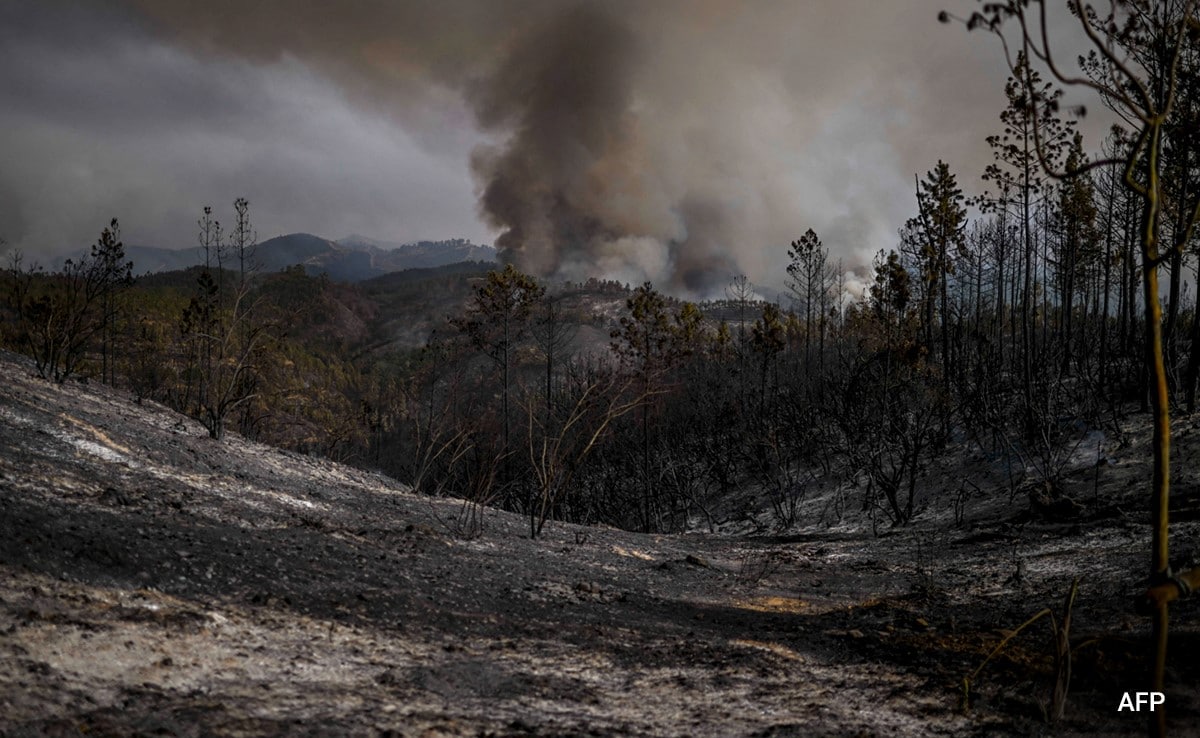A global team of scientists has shown in a new study that 20 of the Earth’s 35 vital signs have “worsened beyond anything humans have seen, to the point that life on Earth is imperilled”.
The 20 signs, such as the Arctic sea-ice levels, ice mass loss in Antarctica and Greenland, sea level rise and surface temperature anomaly, are at record extremes, the team of researchers, including those from the US, the UK, Brazil and Bangladesh, said.
The study, published in the journal BioScience, also established pertinent statistics regarding temperatures and greenhouse gas emissions.
For example, 2023 has already witnessed 38 days with global average temperatures more than 1.5 degrees Celsius above pre-industrial levels, the researchers said in their study.
Further, the highest average Earth surface temperature ever recorded was in July, and there was reason to believe it was the highest surface temperature the planet has seen in the last 1,00,000 years, they said.
“Life on our planet is clearly under siege,” said co-lead author William Ripple, a distinguished professor at the Oregon State University, US.
“The statistical trends show deeply alarming patterns of climate-related variables and disasters. We also found little progress to report as far as humanity combating climate change (was concerned),” said Ripple.
On greenhouse gas emissions, the researchers asserted that the Canadian wildfires this year pumped more than 1 gigatonne of carbon dioxide into the atmosphere, which they said was higher than the country’s total greenhouse emissions of 2021.
Their study also acknowledged that fossil fuel subsidies had roughly doubled between 2021 and 2022 globally, from USD 531 billion to just over USD 1 trillion. The authors noted that rising energy prices, brought about by Russia’s ongoing invasion of Ukraine, could have contributed to this rise in subsidies.
“The trends indicate the need to drastically speed and scale up efforts globally to combat climate change while more generally reducing our ecological footprint,” said study author Thomas Newsome from the School of Life and Environmental Sciences at the University of Sydney, Australia.
“Extreme weather and other climate impacts are disproportionately felt by the poorest people, who have contributed the least to climate change,” he said, stressing that that all climate-related actions must be grounded in equity and social justice.
The authors say policies are needed that take aim at the underlying issue of “ecological overshoot” and urge transitioning to a global economy that prioritises human well-being and curtails overconsumption and excessive emissions by the rich.
Specific recommendations in their study include phasing out fossil fuel subsidies, transitioning toward plant-based diets, scaling up forest protection efforts and adopting international coal elimination and fossil fuel non-proliferation treaties.
“Without actions that address the root problem of humanity taking more from the Earth than it can safely give, we’re on our way to the potential partial collapse of natural and socioeconomic systems and a world with unbearable heat and shortages of food and freshwater,” said Ripple.
